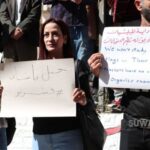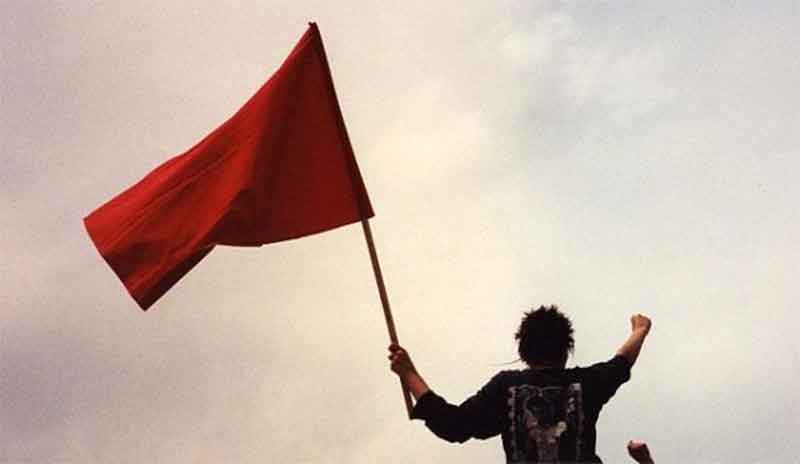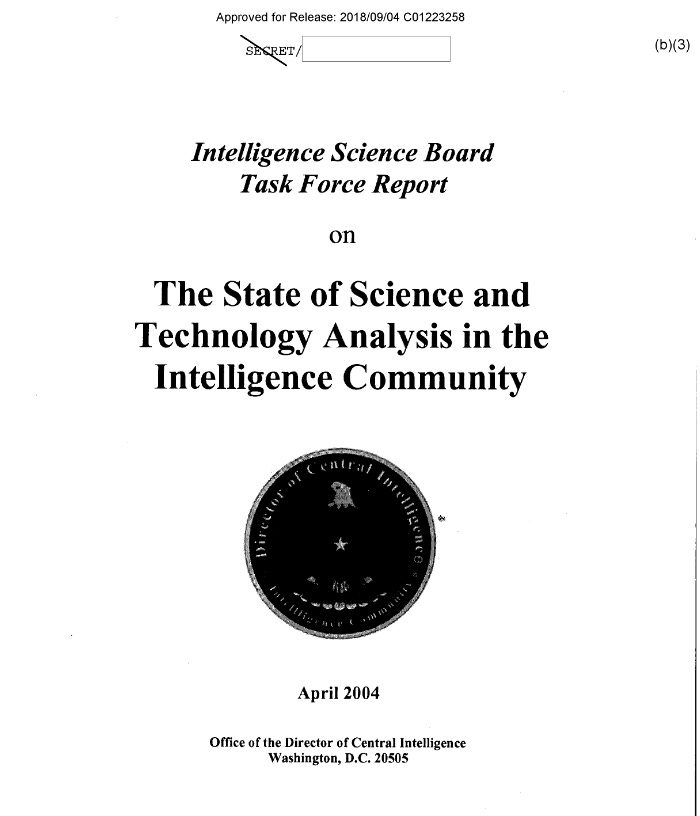The Alabuga Special Economic Zone (ASEZ) is a cornerstone of the Adversary Entente’s resistance against the US-led international coalition and is emblematic of the symbiotic relationship between its members. What started as a bilateral Russo-Iranian drone production effort in 2022 has expanded into a four-way center of technological and innovative exchange between Russia, Iran, the People’s Republic of China (PRC), and North Korea. The ASEZ produces Russian long-range drones based on the Iranian Shahed drone design that Tehran provided to Moscow in 2022.[1] The ASEZ currently produces roughly 5,000 Shahed-type drones per month, or 60,000 drones annually.[2] The PRC and Iran have contributed technical and materiel support to develop fleets of Iranian-designed Russian drones.[3] Reports have suggested that North Korea may send workers to the ASEZ, which could expand drone production exponentially.[4] Adversary Entente support for the ASEZ has allowed Russia to fully indigenize the drone assembly process, relying heavily on PRC-origin parts, and the PRC, Iran, and North Korea will, in turn, be able to apply lessons learned from ASEZ production processes and the performance of Russian drones on the battlefield in Ukraine in future conflicts in their respective theaters.




